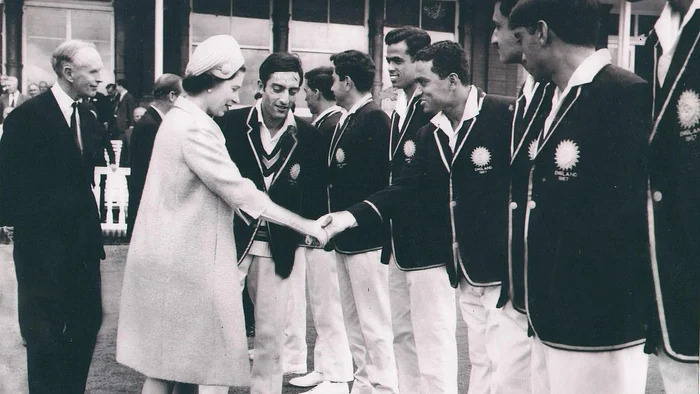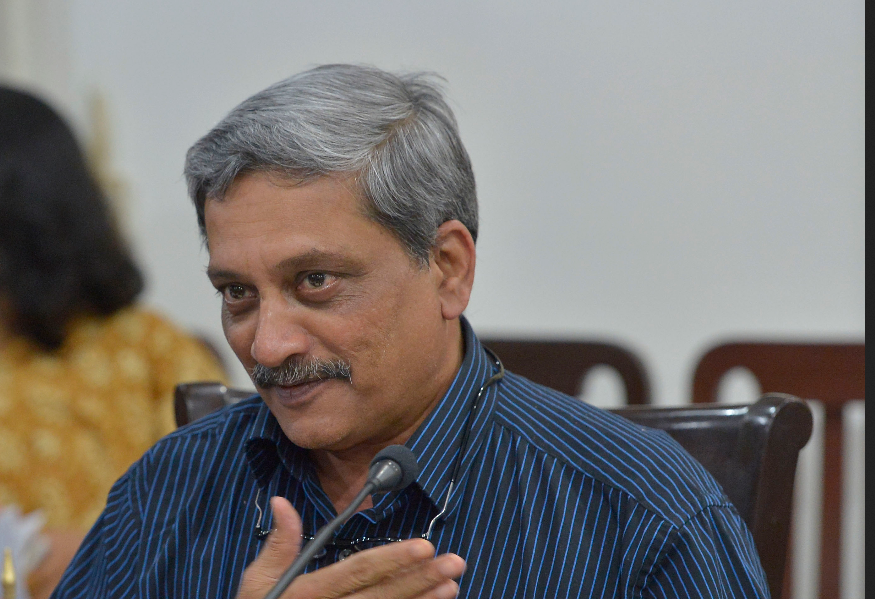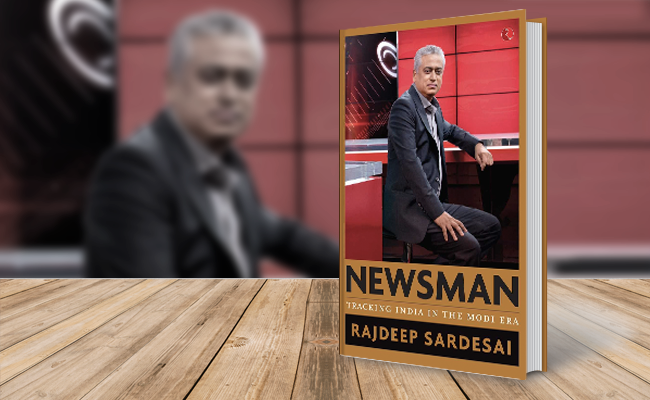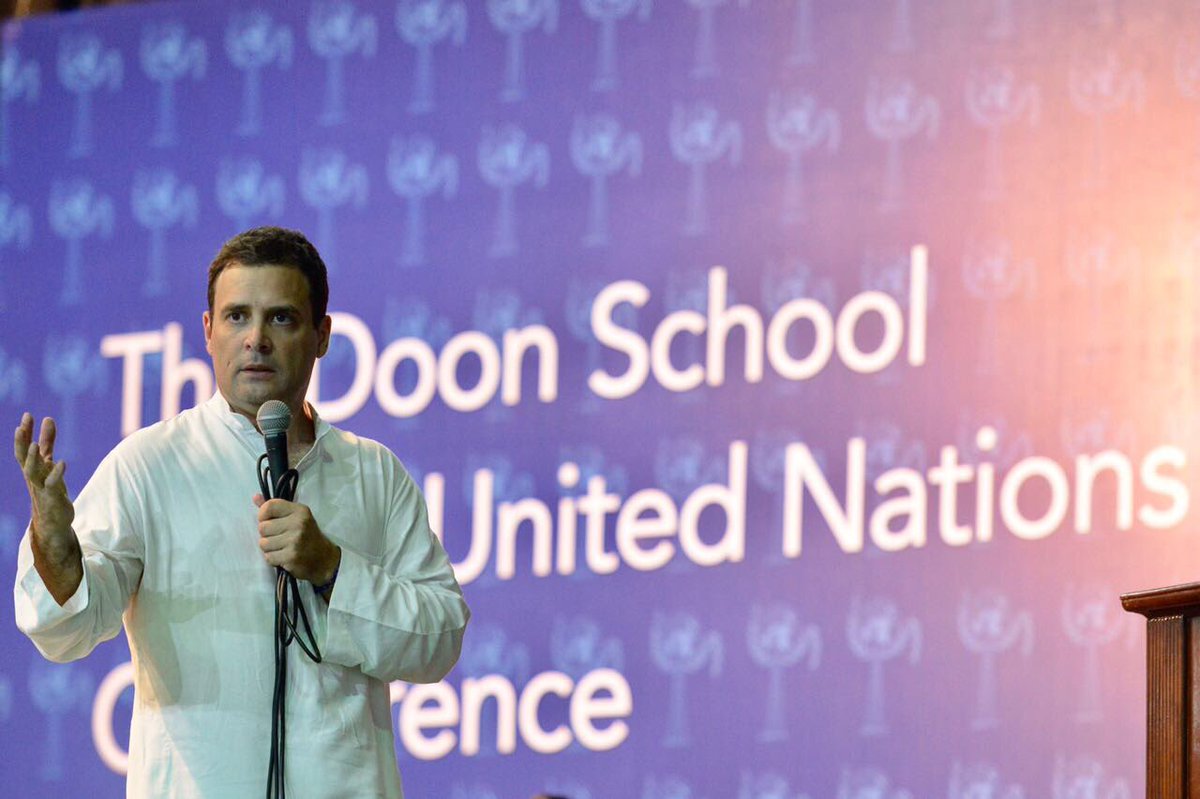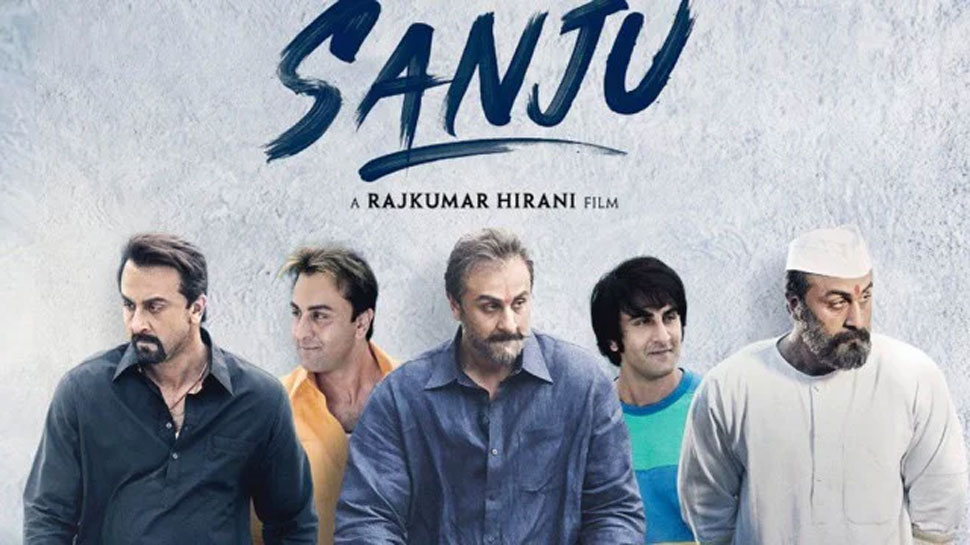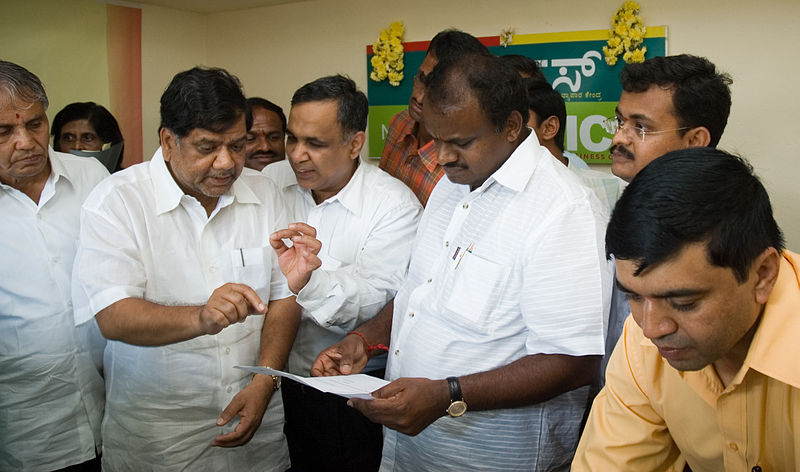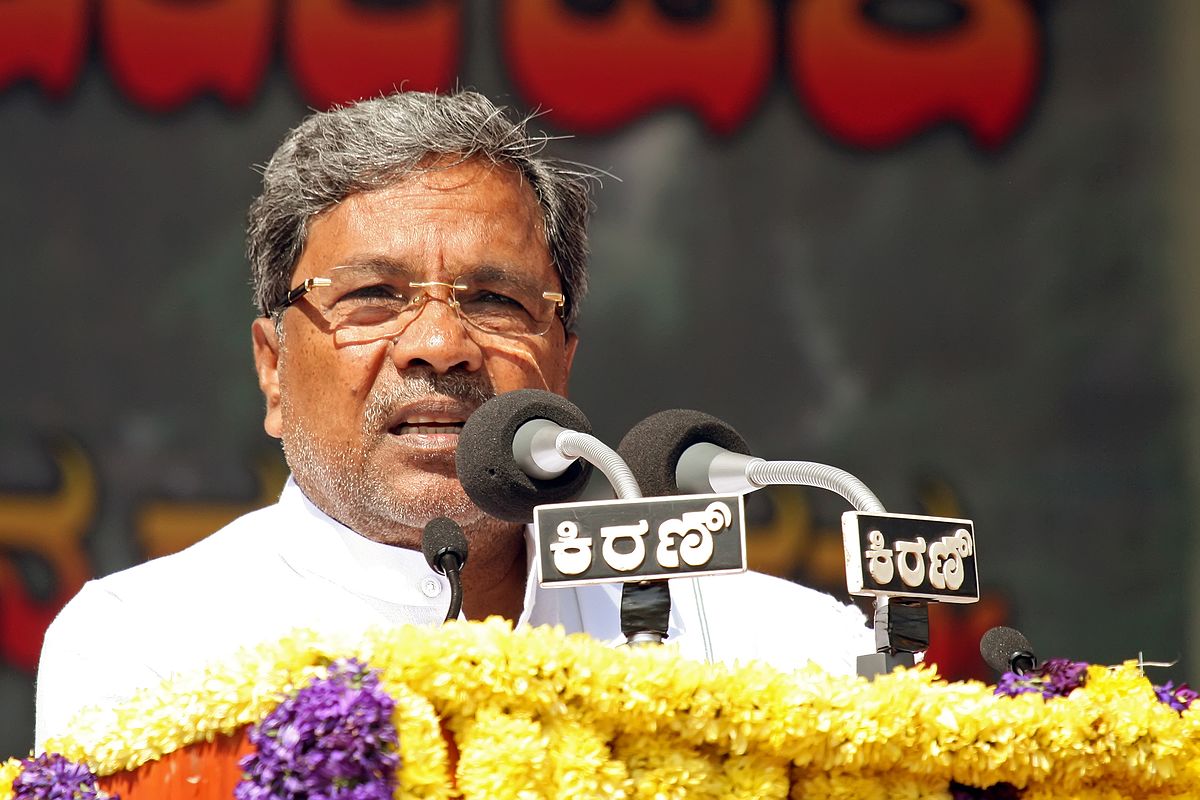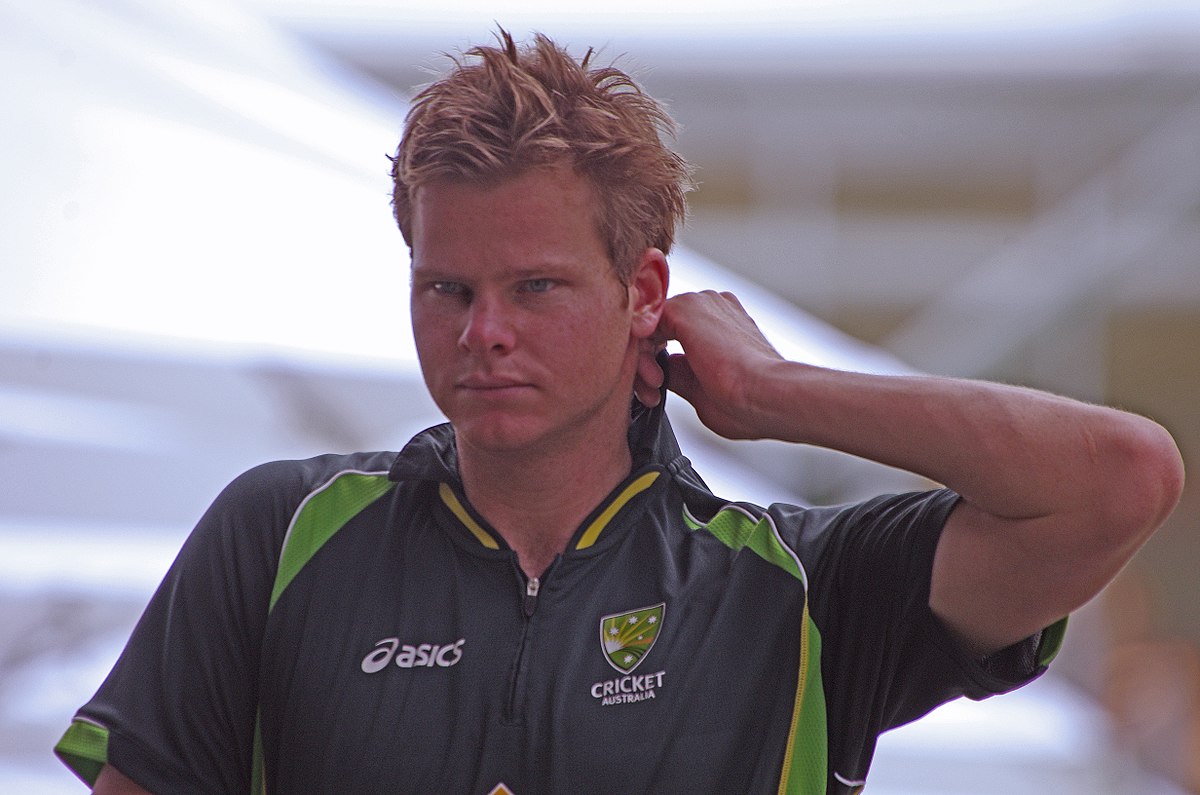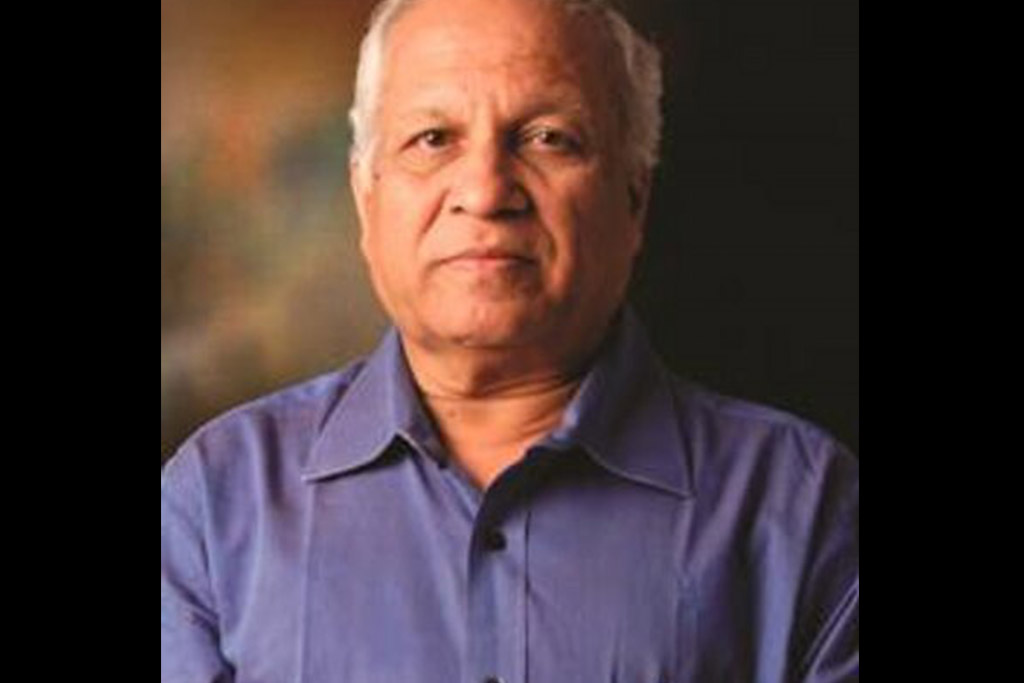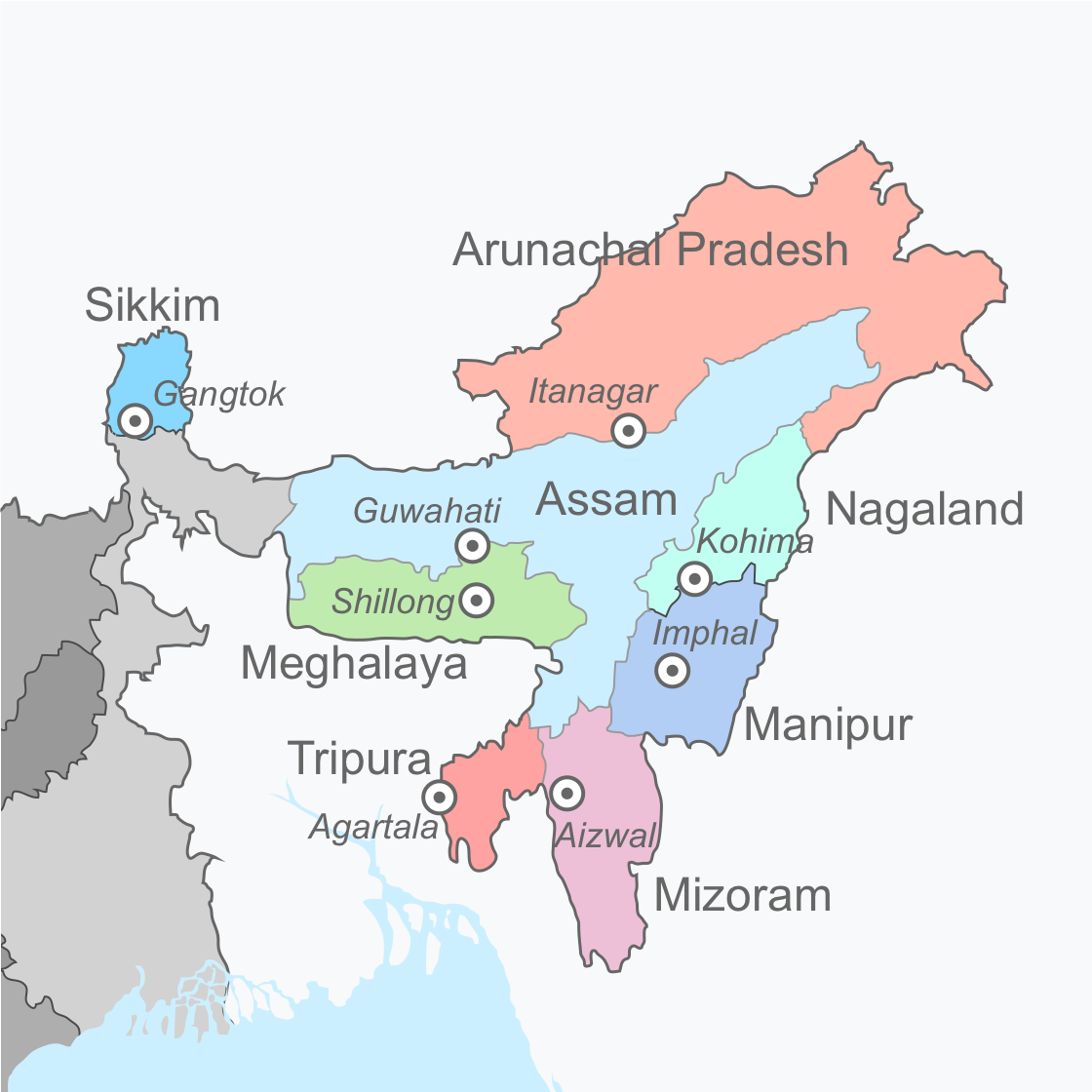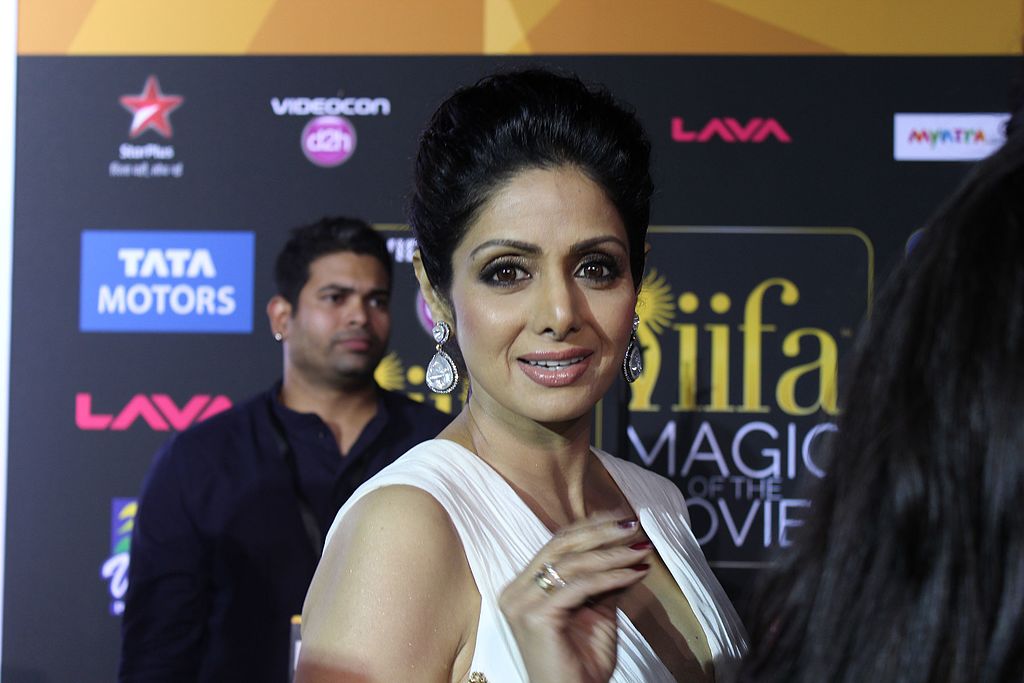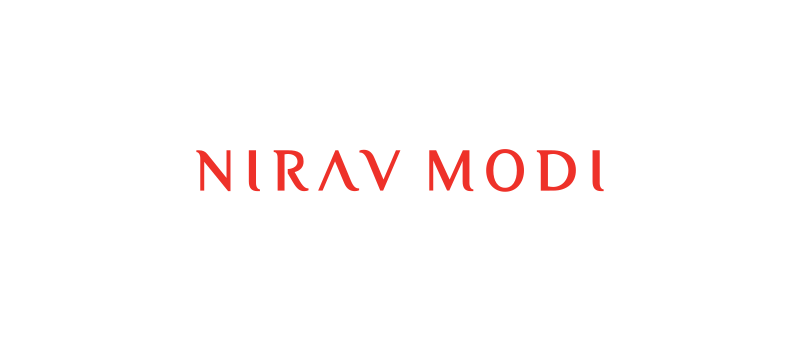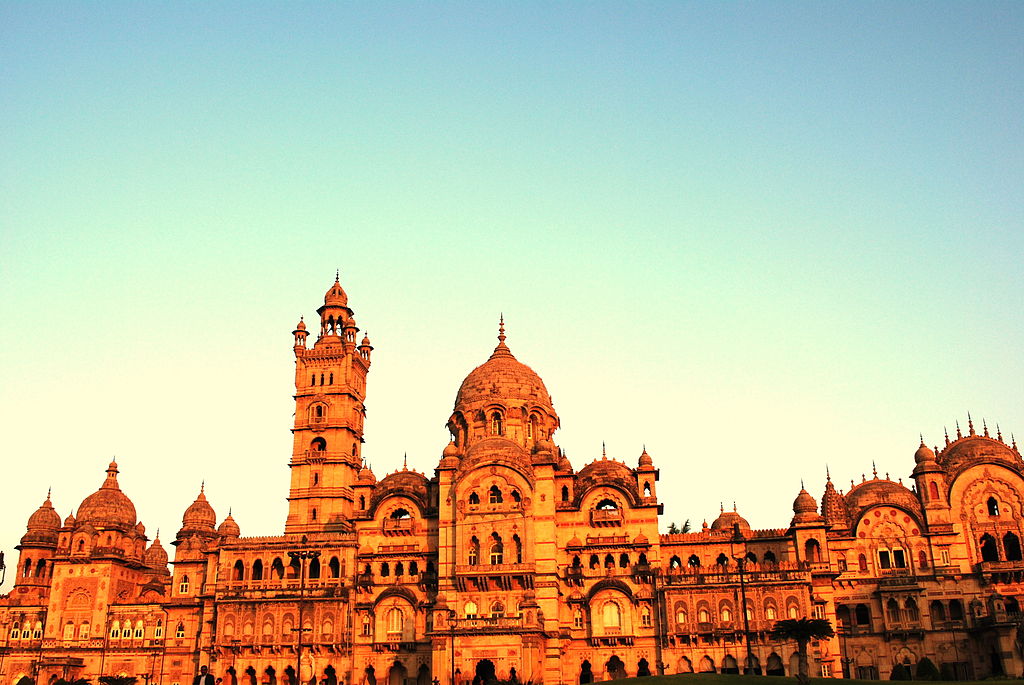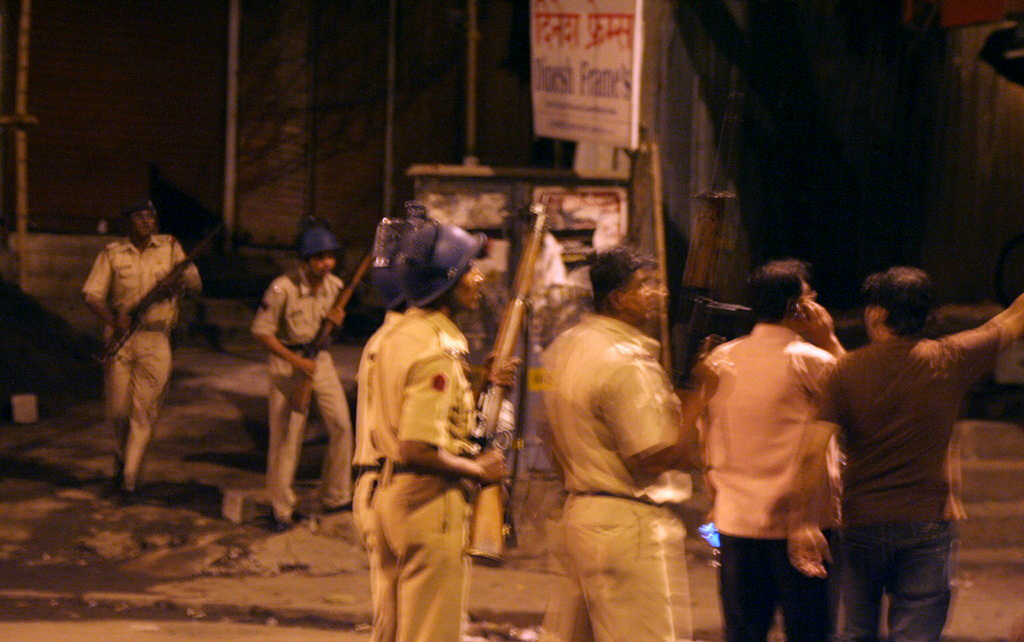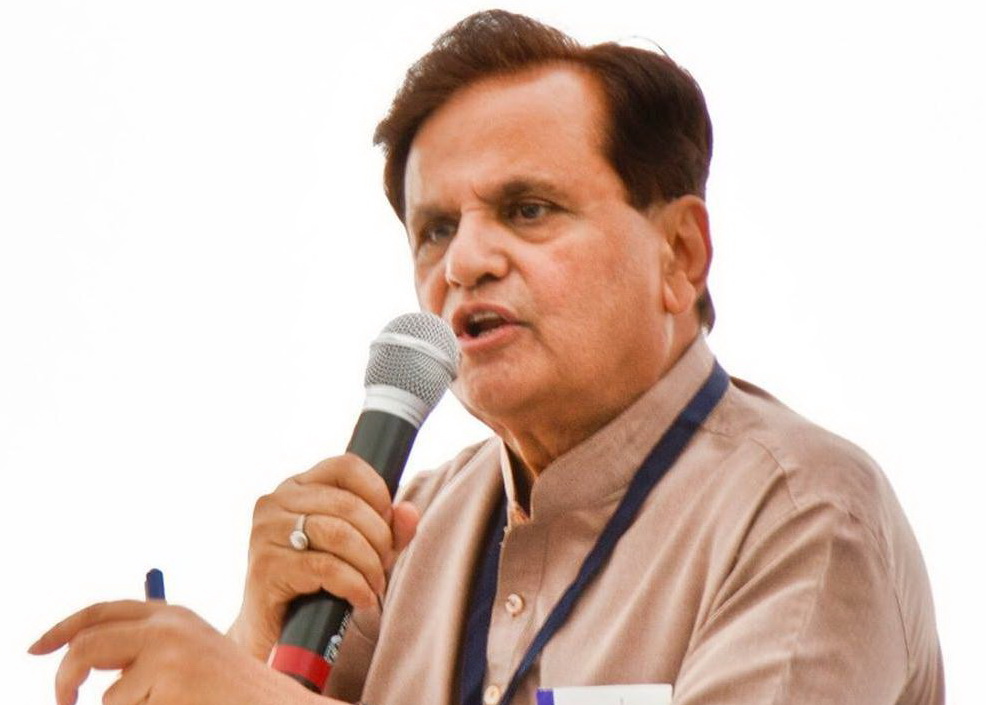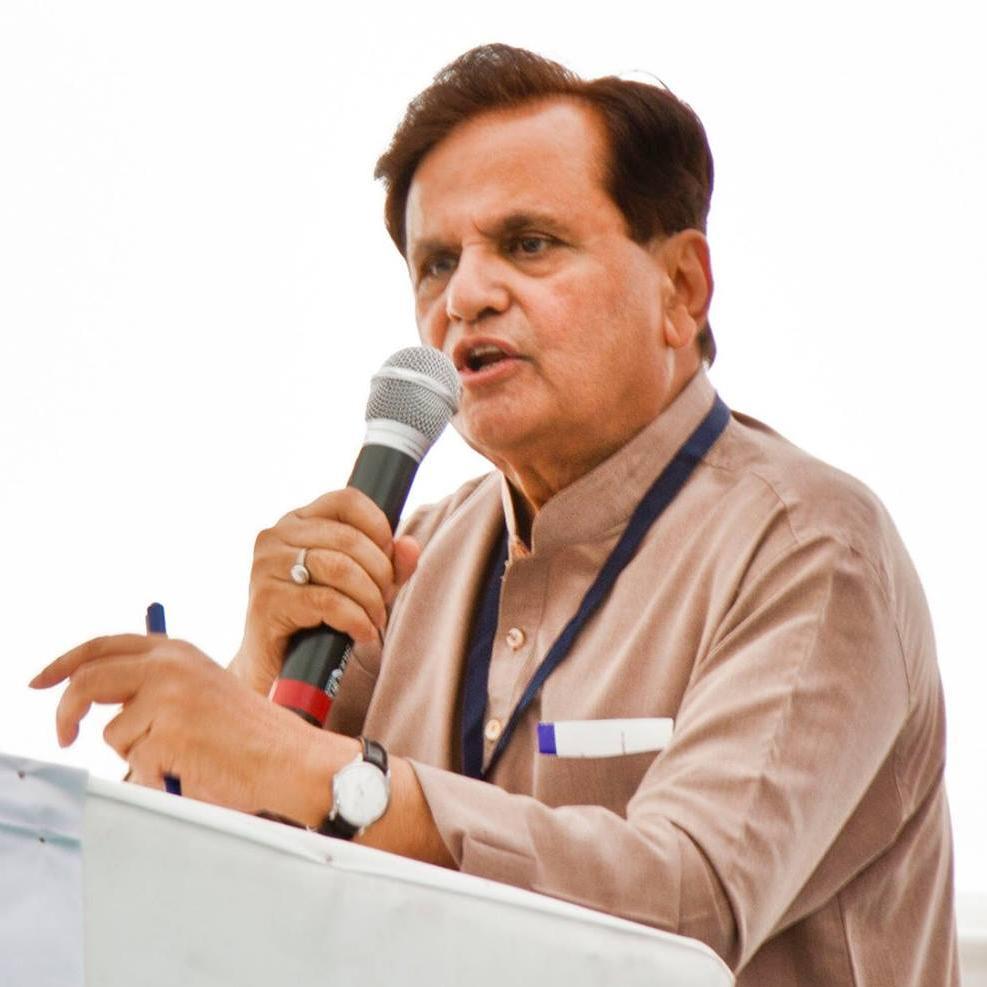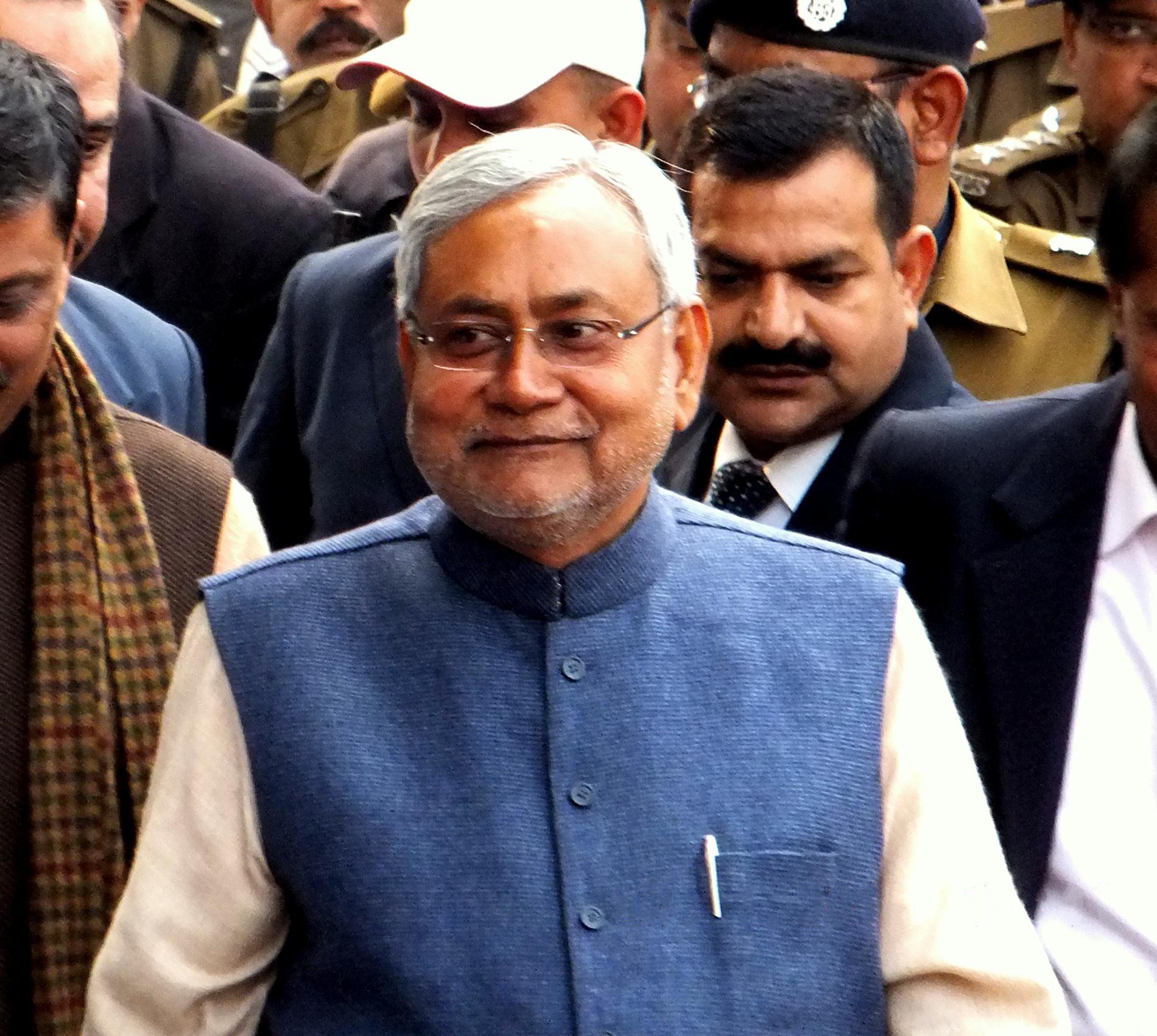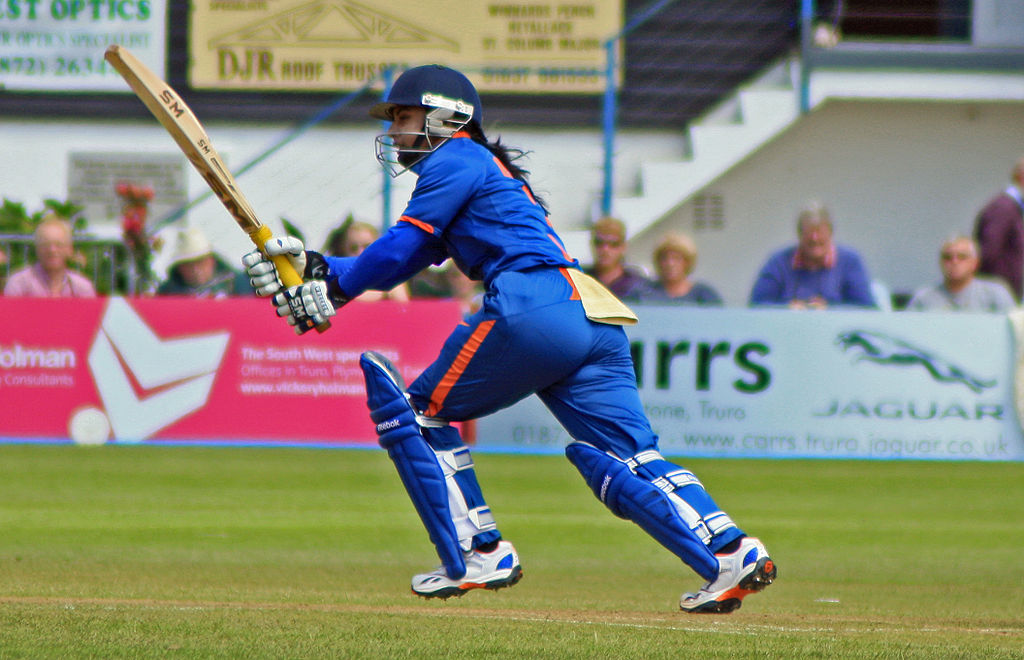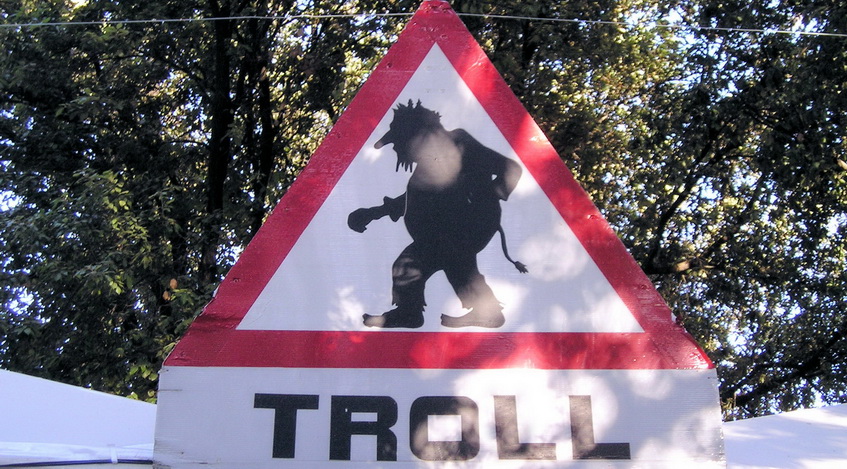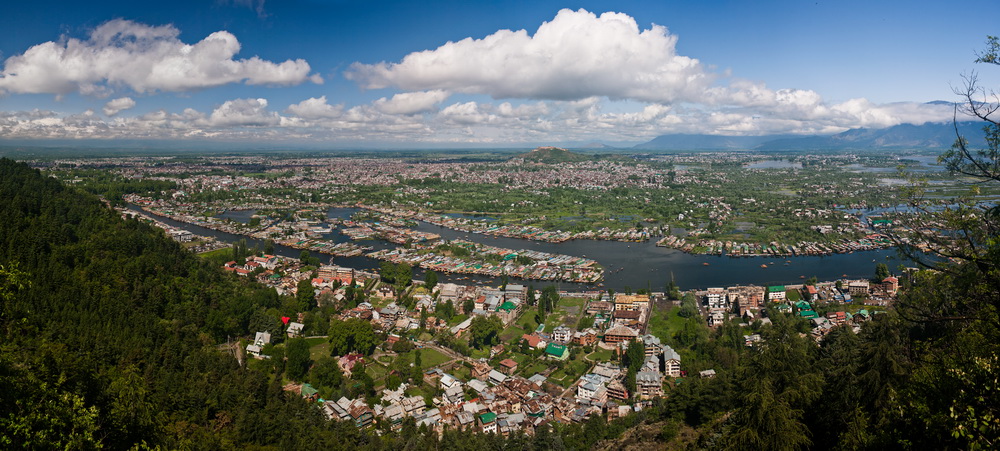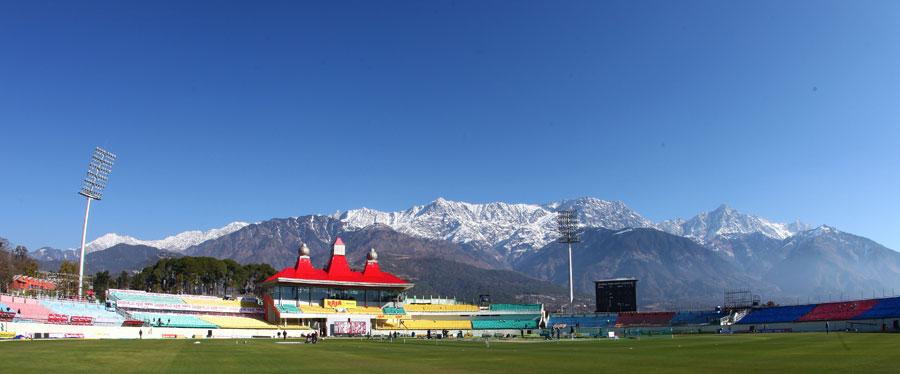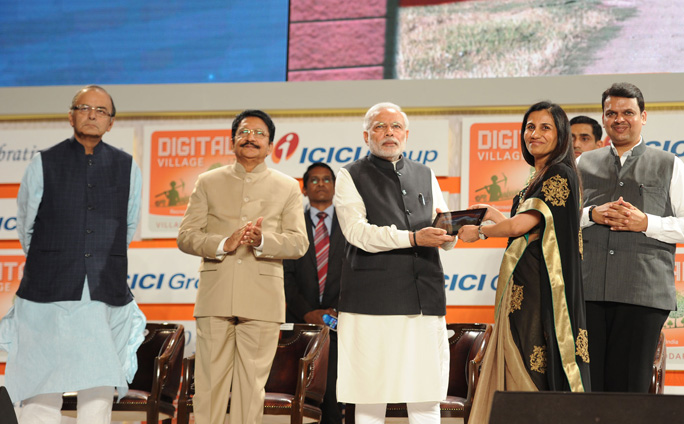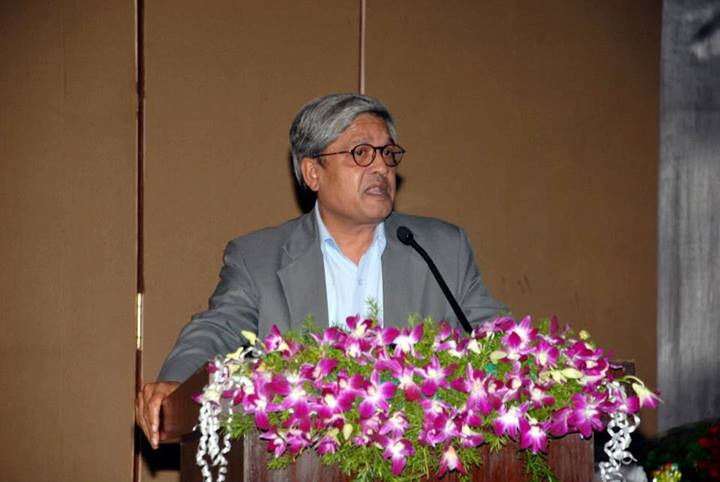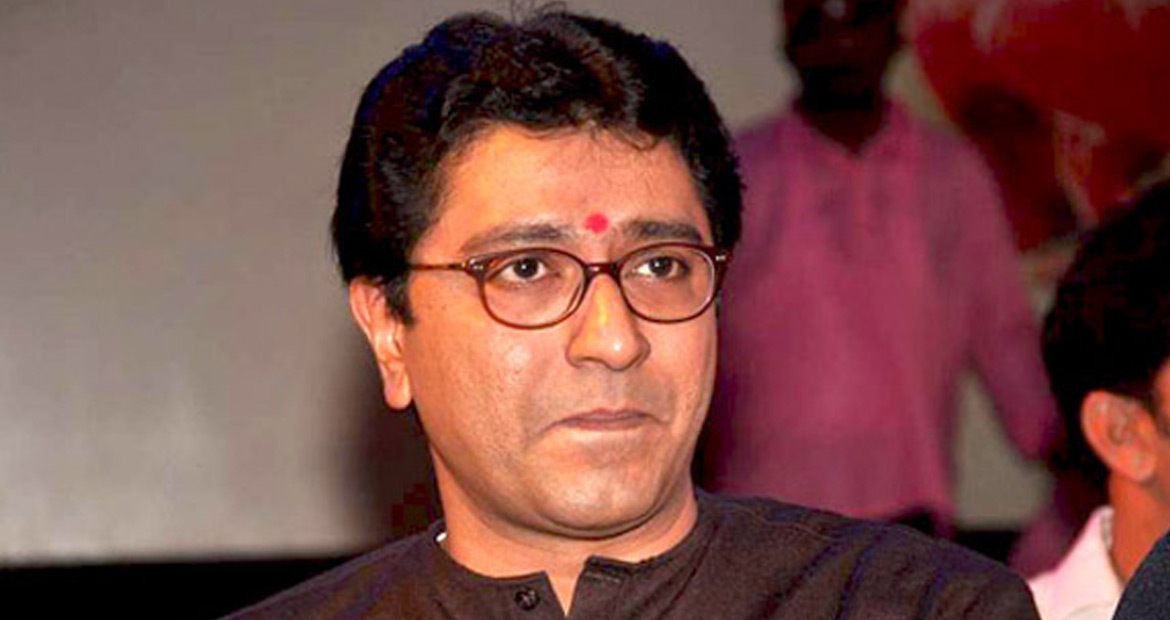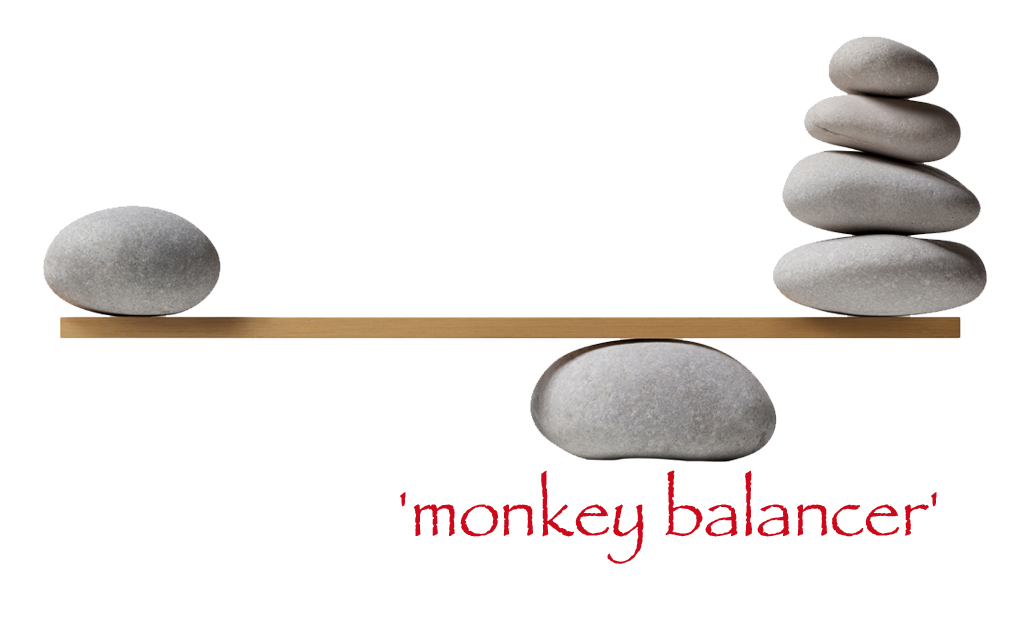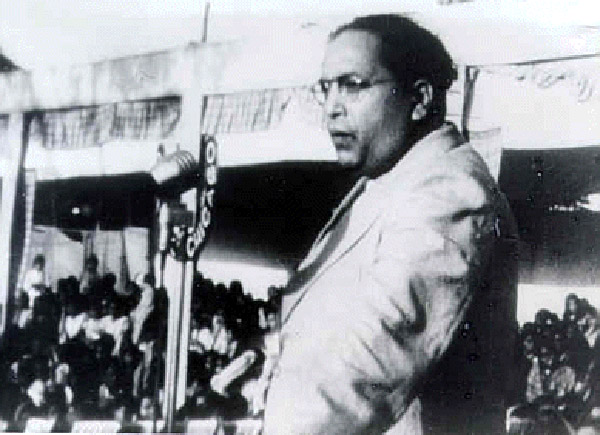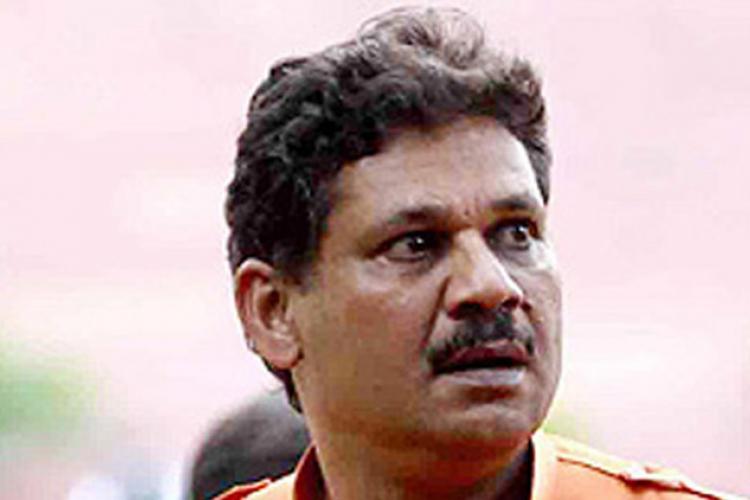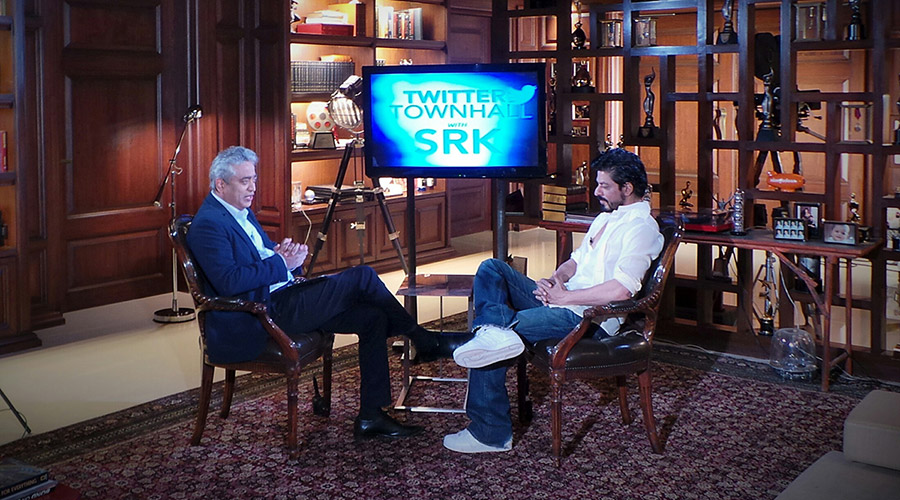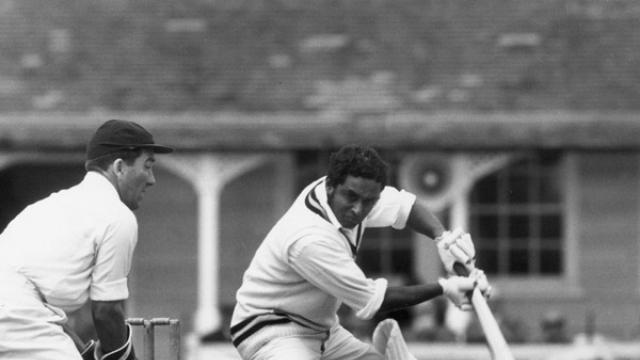
In a corner at home that I choose to call my private “cricket space’, there are pictures of my teenage heroes like Sir Viv Richards and Greg Chappell. There is also on the wall a photograph of the 1971 Indian cricket team returning to Mumbai from a path-breaking victorious tour of England in open-top vintage cars.
Hey, who are those guys smiling in that picture?” a young friend asked me a few years ago. I pointed to my father Dilip Sardesai, Ajit Wadekar, Eknath Solkar, S Venkatraghavan, all members of the ’71 winning team. “Wow, look at the crowds that have lined up to cheer them,” the friend responded, “almost as big as the crowds in Mumbai when Dhoni’s team won the 2007 World T20.” “Actually, they were bigger then, much bigger,” I interjected.
That causal conversation convinced me how little ‘new’ India knows of the deeds of ‘old’ India, how in an age of 24×7 breaking news television, where today’s news is tomorrow’s history, there was maybe a need to connect the past with the present and tell the story of post-independence India through the prism of cricket.
Most of my father’s generation are now in their late 70s, some have passed away. In 1962, my father made his first overseas tour to the West Indies; barely half a dozen of the team members are still alive. I remember, when the iconic captain Mansur Ali Khan Pataudi died in 2011, feeling an acute sense of personal loss. Tiger and I would speak once in a while and he would share a memory or two from his era.
My father had died in 2007, now his captain too was gone. Would their memories of cricket in the ‘revolutionary’ 1960s die with them?
There was another reason to write the book. I am, and always have been, an incurable cricket romantic. For me, cricket is about wondrous childhood memories, of waking up at 6 am to listen to the crackle of the radio commentary from Australia, of staying awake all night when the matches were being played in the West Indies, of having my pocket transistor confiscated in school because I was following the scores in class. I am not part of the T-20 ‘hit-and-run’ generation seeking instant gratification. Yes, I do watch the IPL, but with a certain sense of detachment: whether Mumbai Indians or Kolkata Knight Riders win, it doesn’t really affect me. For me, cricket has been an emotional roller-coaster ride shaped by cricketing ‘nationalism’ where Team India’s triumphs and failures have left an impact on the mind and soul. When India lifted the World Cup for the first time in 1983, I had just turned 18. I was at the Lords ground that day and it must rank as one of the happiest days of my life. When we lifted the World Cup again in 2011, the hair had greyed, but the enthusiasm was intact. Cricket has contributed to my gross happiness index like little else.
Much has changed in India from the time when Kapil Dev’s team won the World Cup to when Mahendra Singh Dhoni’s side did an encore. From my father’s generation, when cricketers got just Rs. 250 a test match, to Kapil Dev’s team winning small bonuses, to the present million dollar men of Indian cricket, the sport, like the country, has moved from the age of scarcity to an era of plenty. This is why cricket provides an ideal backdrop to reflect upon a changing India, a country which has left its socialistic past for a rapidly globalizing future. Even beyond the colour of money, cricket today symbolizes the rise of small town India, of a breaking of class and community divides, of a universe where there are no vote banks or reservations.
At a time when politics seems to polarize us as Hindus and Muslims, ‘nationalists’ and ‘anti-nationals’, cricket unites us with a sense of stirring ‘Indian-ness’.
There is another important personal reason to write this book. As a teenager growing up in the womb of a cricket family, I dreamt of one day emulating my father and playing for the country. I was around 21, I think, when I realized that this was one bridge too far. Cricket needed a mix of talent and tenacity, hard work and sacrifice to represent the country; on the cricket field, my family surname meant little and I was just not good enough. We have film and political dynasties in India but we don’t have cricketing dynasties for a good reason: cricket is a sport that is truly meritocratic, one that embodies the aspirational urges of a society hankering for equal opportunity. For me, our cricketers are true heroes: neither are they Bollywood-like stars whose appeal is powered by a heady glamour quotient nor are they politicians who rise to the top through wheeling and dealing. Their stories are genuinely inspirational.
Forget a cinematic Lagaan: when you watch the Indian cricket team in action, you realise that it is possible to achieve the impossible in real life too.
In an India where hope and cynicism collide ever so often, I think it is important to motivate young India with the valorous stories of our cricket legends. That I managed to get access to all of them and that they chose to speak to me with rare candour made it extra-special. I must confess to being a fanboy when I am in the presence of an international cricketer, their ethereal skills elevating the mundanity of my own life.
For a quarter of a century, I have been tracking our politicians. It has been an enjoyable journey, but one which is marked with periodic bouts of self-doubt, moments when I wrestle with my inner conscience: do I really want to spend my entire professional life questioning those who are often driven by the naked pursuit of power and not by any honest commitment to public good? Which is why writing about the achievements of our cricketers has been a useful break from my daily grind, one that brings a smile to the face in a manner in which political commentary never really can.
My first book in 2014 was on the general elections of that year, an election which I believe, as my book title suggests, dramatically changed India. This is a book about a game that has been equally transformational in its own way. The election book was about Narendra Modi, Rahul Gandhi and the political leaders of the country. This book is about the Sachin Tendulkars and the Gavaskars, the Dravids and the Virats.
Now, you tell me whose story would you rather read about this weekend?


